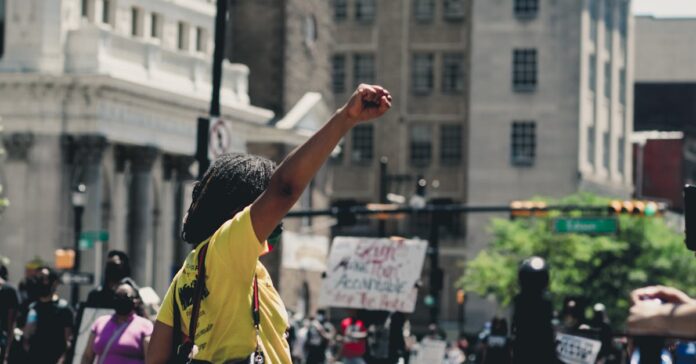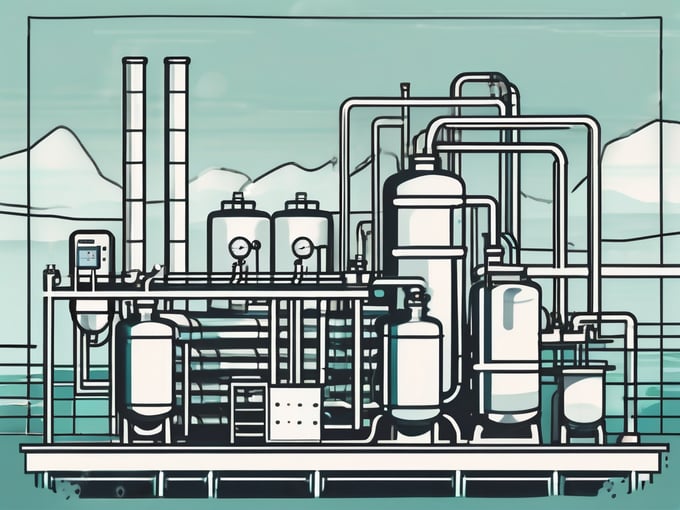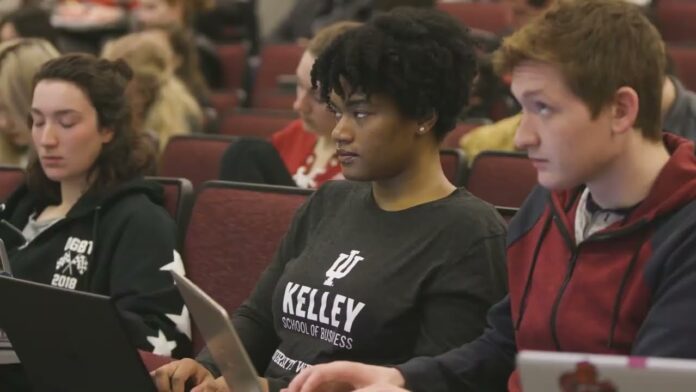The global wealth and income gap is a pressing issue that has been gaining attention in recent years. It is the stark divide between the rich and the poor, with the wealthiest 1% owning more than half of the world’s wealth while the bottom 50% holds less than 1%. This disparity has far-reaching consequences, affecting everything from social cohesion to economic stability. In this article, we will take a deep dive into the complex tapestry of the wealth and income gap, examining its historical background, current state, contributing factors, debates, effects, and proposed solutions.
Historical Background on Economic Inequality
The issue of economic inequality is not a new one. It can be traced back to ancient civilizations, where the ruling class held most of the wealth and power, while the majority of the population lived in poverty. However, it wasn’t until industrialization and the rise of capitalism in the late 18th century that economic inequality became a widespread concern.
During this time, the Industrial Revolution brought about rapid economic growth, but it also widened the gap between the rich and the poor. Wealth was concentrated in the hands of factory owners, while workers endured long hours, low wages, and poor living conditions. This led to social unrest and calls for reforms to address the growing wealth gap.
Since then, various economic systems and policies have emerged, each with its own impact on economic inequality. For example, the Great Depression of the 1930s prompted governments to implement welfare programs and regulations to protect workers’ rights, leading to a decrease in economic inequality. However, with the rise of globalization and neoliberal economic policies in the late 20th century, the gap started to widen once again.
Current State of Economic Inequality

Today, the wealth and income gap is a global phenomenon, affecting both developed and developing countries. According to data from Credit Suisse’s Global Wealth Report, the top 1% of the world’s population owns 43% of global wealth, while the bottom half owns only 1%. In the United States, the wealthiest 1% holds about 40% of the country’s wealth, the highest level since the Great Depression.
The gap is not only between the rich and the poor but also within countries. In many developed nations, the middle class is shrinking as the rich get richer and the poor get poorer. This trend is particularly alarming as a strong middle class is crucial for economic stability and social cohesion.
Factors Contributing to Economic Inequality

The causes of economic inequality are complex and multifaceted. They include factors such as globalization, technological advancements, tax policies, education, and political influence. Let’s take a closer look at some of these factors.
Globalization
Globalization has led to the integration of economies and increased trade, resulting in economic growth in many countries. However, it has also contributed to the wealth and income gap. As companies move production to countries with lower labor costs, they reap profits while workers in developed countries may lose their jobs or see their wages decrease. This creates an uneven distribution of wealth and contributes to the widening gap between the rich and the poor.
Technological Advancements
The rise of technology has been a major driver of economic growth, but it has also led to job loss and wage stagnation for low-skilled workers. Automation and artificial intelligence have replaced manual labor, making it difficult for those without specialized skills to find employment. This further exacerbates economic inequality as the wealthy benefit from these technological advancements, while the less fortunate struggle to keep up.
Tax Policies
Tax policies play a significant role in economic inequality. In many countries, the wealthy pay a lower percentage of their income in taxes compared to the working class. This is often due to loopholes and deductions that favor the rich. Additionally, tax cuts for corporations and the wealthy can further widen the wealth gap by decreasing government revenue available for social programs and services that benefit the less fortunate.
Education
Education is a critical factor in creating opportunities for social mobility. However, access to quality education is often limited for those from lower-income families. As a result, the cycle of poverty is perpetuated, with less access to higher-paying jobs and the ability to accumulate wealth. This creates a divide between those who have access to education and those who do not, leading to greater economic inequality.
Political Influence
The growing influence of money in politics is another contributing factor to economic inequality. Wealthy individuals and corporations have the means to fund political campaigns and lobby for policies that benefit their interests. This can lead to policies that favor the wealthy, such as tax cuts and deregulation, while neglecting the needs of the working class.
Debates on Economic Inequality
There is ongoing debate about the extent to which economic inequality is a problem and what should be done about it. Some argue that a certain level of inequality is necessary for a functioning economy, as it incentivizes hard work and innovation. They believe that government intervention to reduce inequality would stifle economic growth.
On the other hand, others argue that extreme levels of economic inequality are detrimental to society and the economy. They point to evidence that shows high levels of inequality can lead to social unrest, decreased social mobility, and reduced economic stability. They advocate for policies that aim to decrease the wealth gap and promote a more equitable distribution of wealth.
Effects of Economic Inequality
The consequences of economic inequality are far-reaching and impact all aspects of society. Let’s look at some of these effects.
Social Cohesion
Economic inequality can undermine social cohesion by creating divisions between different socioeconomic groups. This can lead to feelings of resentment and mistrust towards the wealthy, causing societal rifts and potentially leading to social unrest.
Health and Education
There is a strong link between economic inequality and health and education outcomes. Those from lower-income families often have limited access to quality healthcare and education, leading to poorer health outcomes and fewer opportunities for social and economic advancement.
Economic Stability
High levels of economic inequality can also lead to economic instability. When wealth is concentrated in the hands of a few, consumer spending decreases, as the wealthy tend to save more of their income rather than spend it. This can have a negative impact on businesses and the overall economy.
Proposed Solutions to Address Economic Inequality
The issue of economic inequality is complex, and there is no easy solution. However, here are some proposed solutions that have been put forward by various experts and organizations.
Progressive Taxation
One way to address economic inequality is through a progressive tax system, where the wealthy pay a higher percentage of their income in taxes compared to the working class. This would provide more government revenue to fund social programs and services that benefit those in need.
Investment in Education and Social Programs
Investing in education and social programs can help break the cycle of poverty and promote social mobility. This includes providing access to quality education, affordable healthcare, and other basic needs for those from lower-income families.
Raising the Minimum Wage
Raising the minimum wage can help reduce income inequality by providing workers with a livable wage. This would also stimulate consumer spending, benefiting the economy as a whole.
Regulations on Campaign Finance
To address the influence of money in politics, regulations on campaign finance could be implemented to limit the amount of money that individuals and corporations can contribute to political campaigns.
Conclusion
In conclusion, the global wealth and income gap is a complex issue with significant consequences for society and the economy. It has deep historical roots and is perpetuated by various factors such as globalization, technological advancements, tax policies, education, and political influence. While there are ongoing debates about the extent of the problem and potential solutions, it is clear that action needs to be taken to address this pressing issue. By implementing progressive policies and investing in education and social programs, we can move towards a more equitable society where the gap between the rich and the poor is not so wide.









